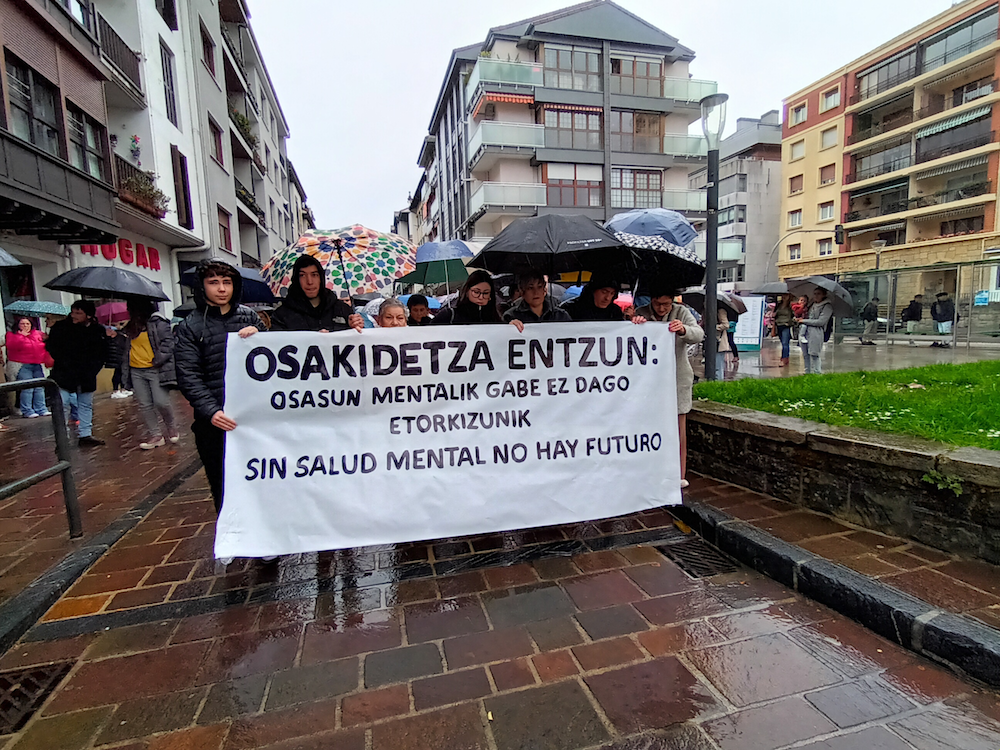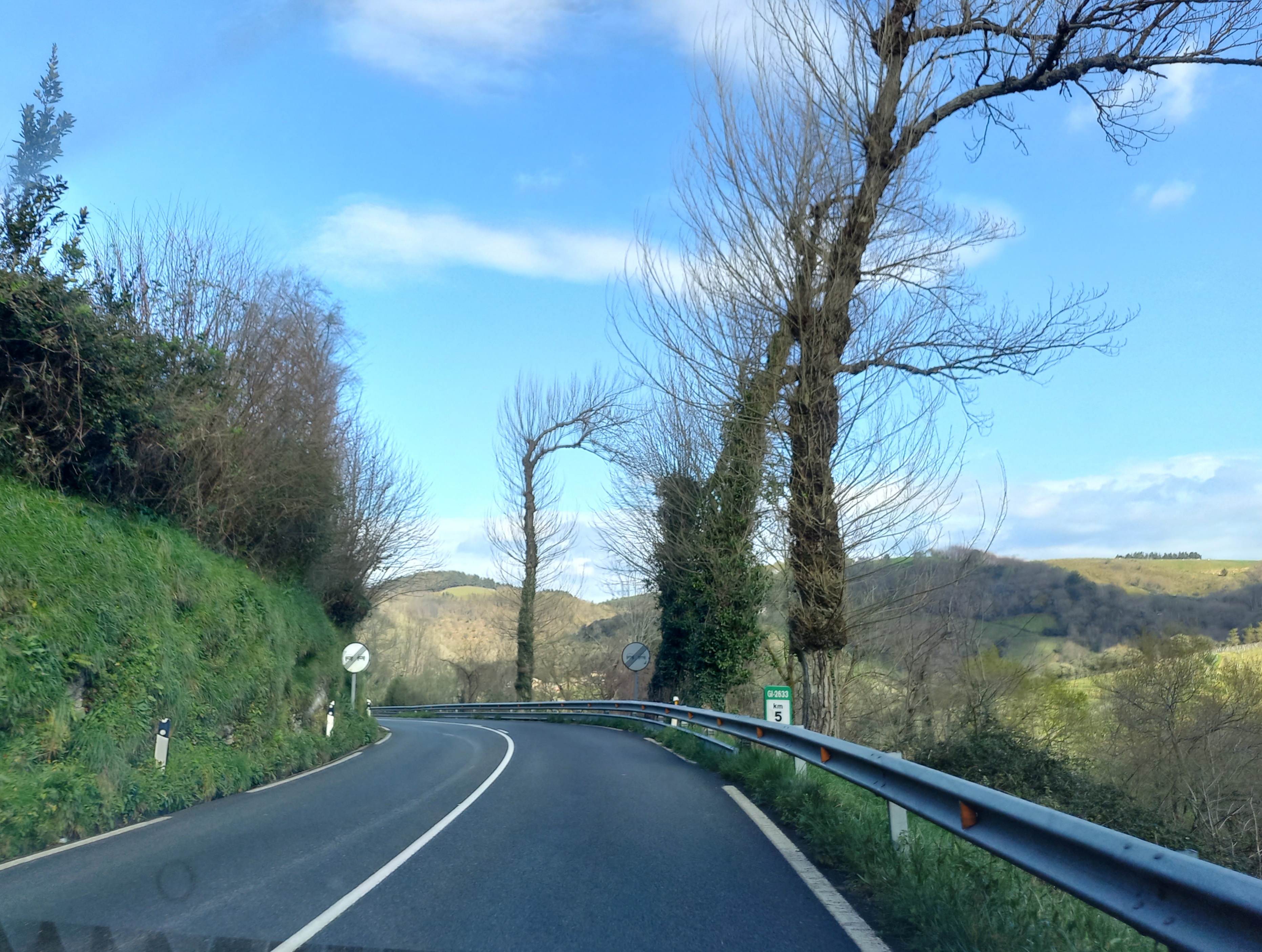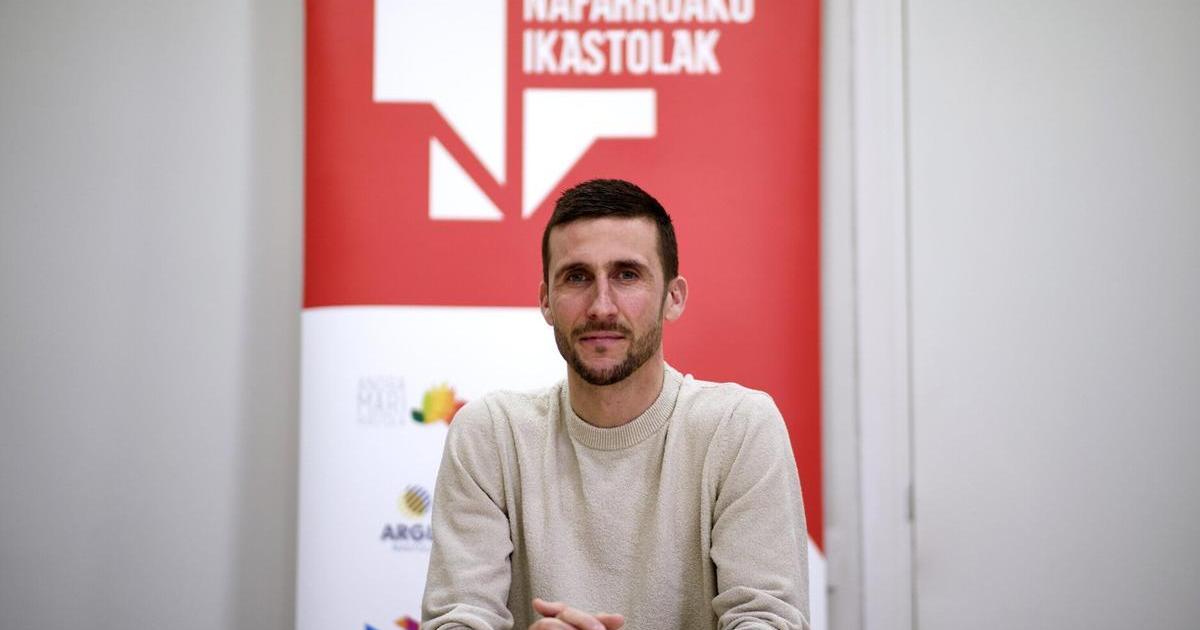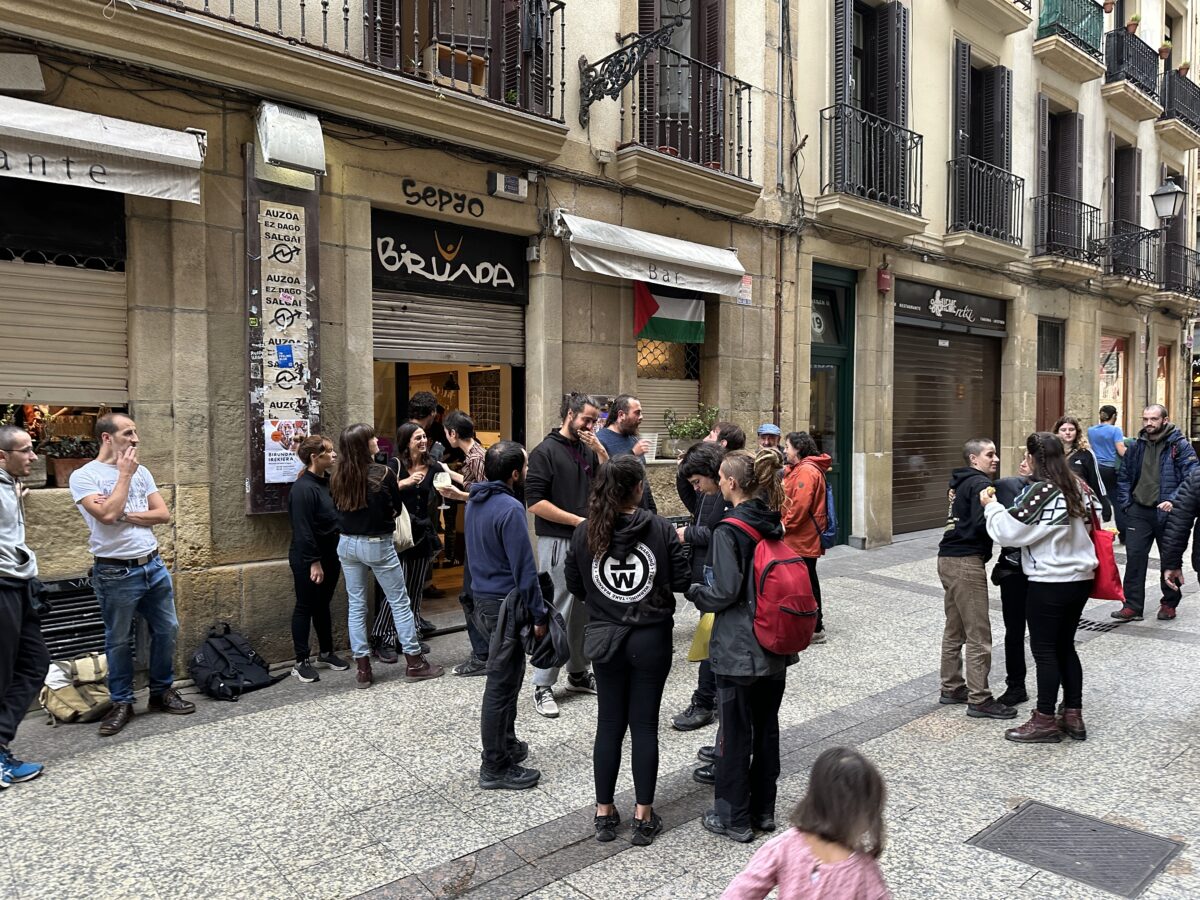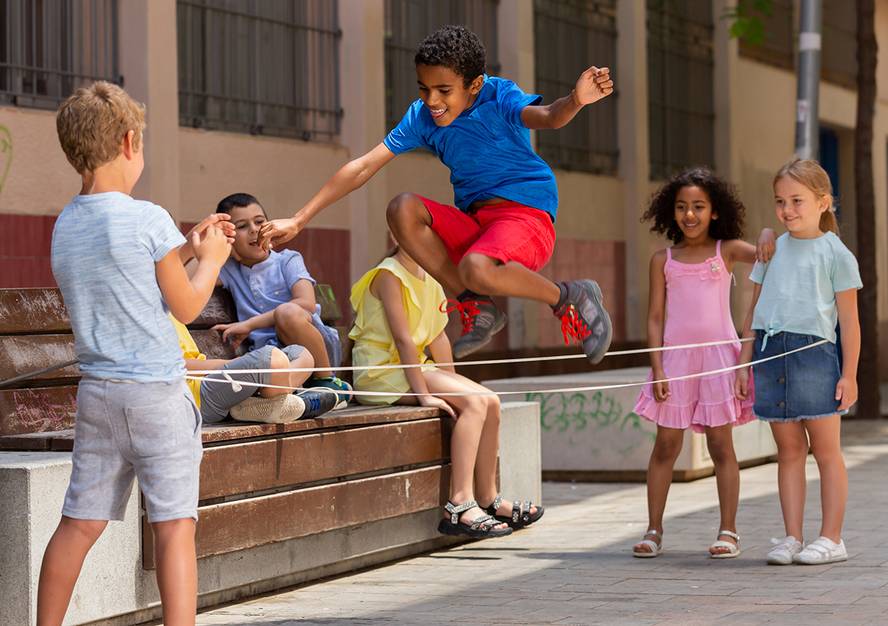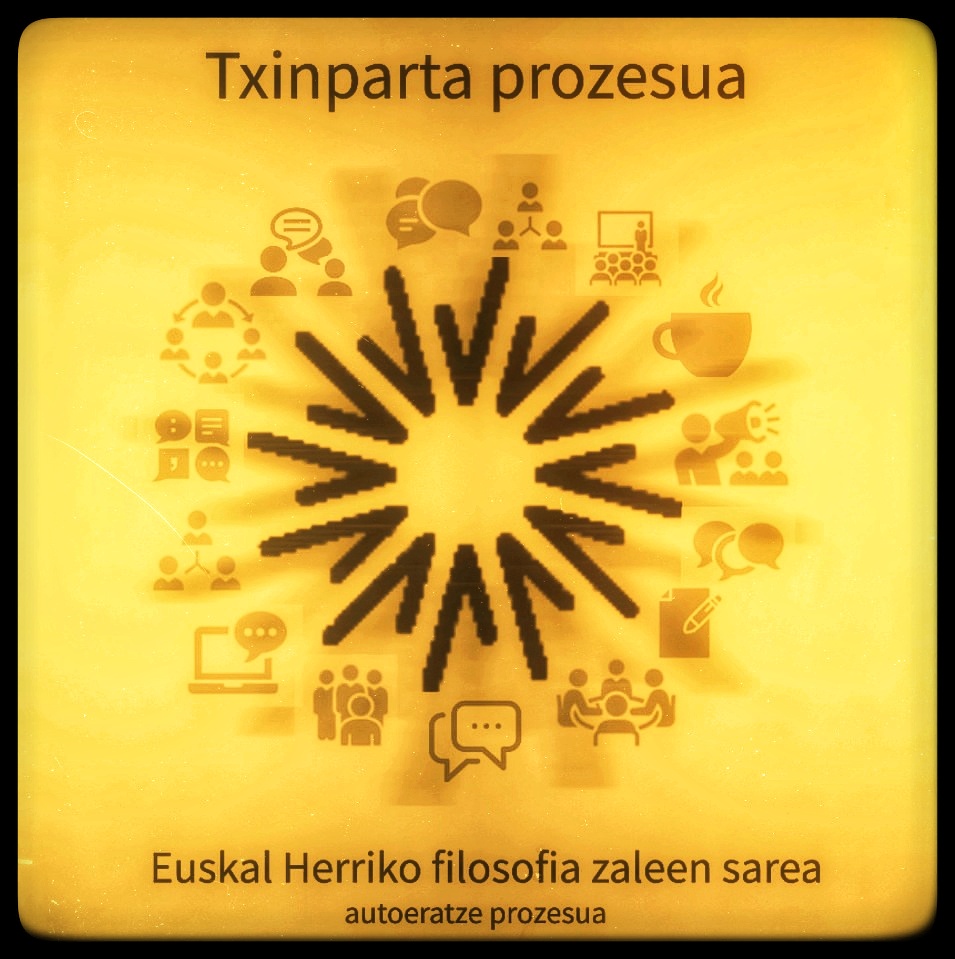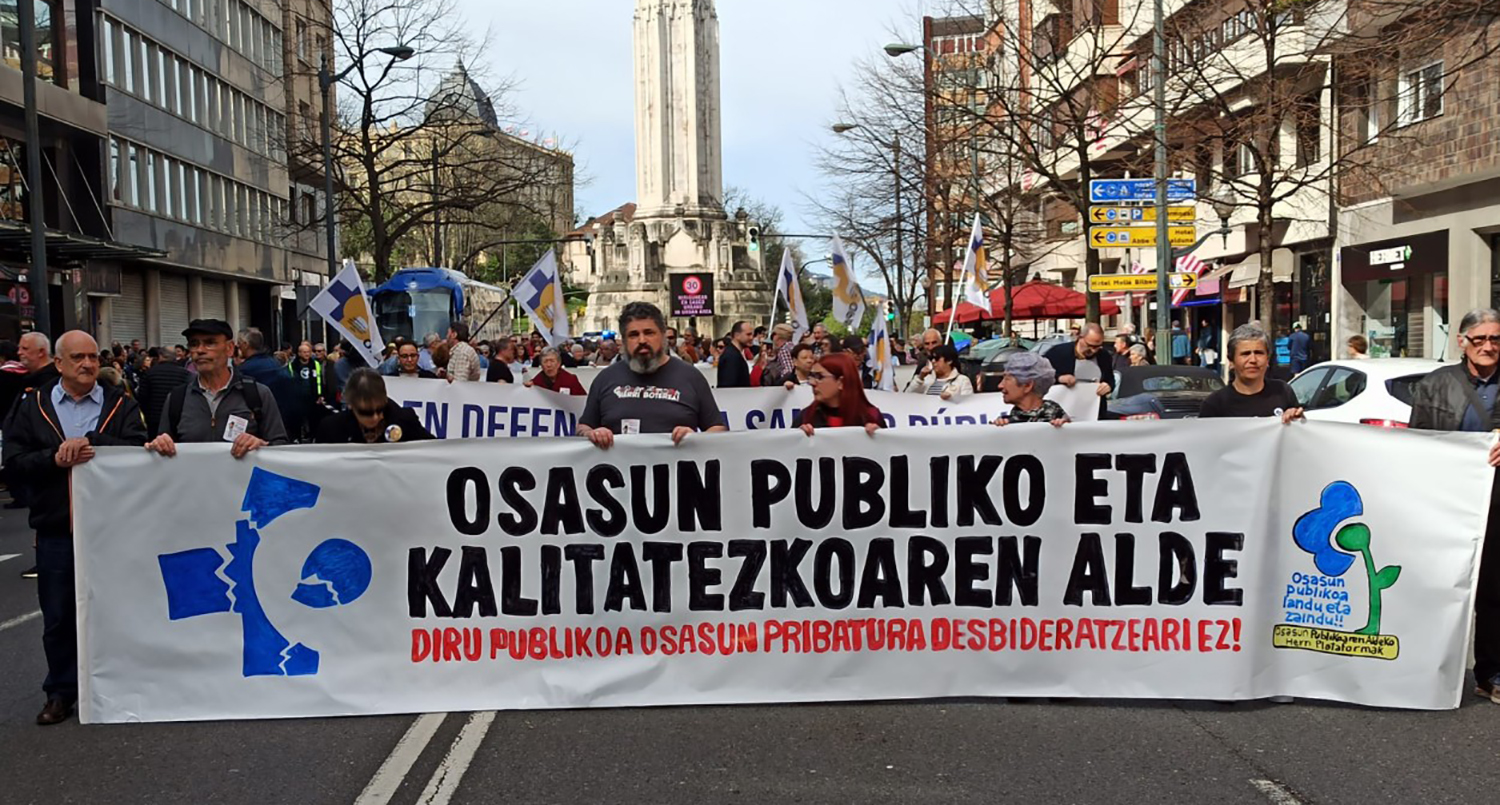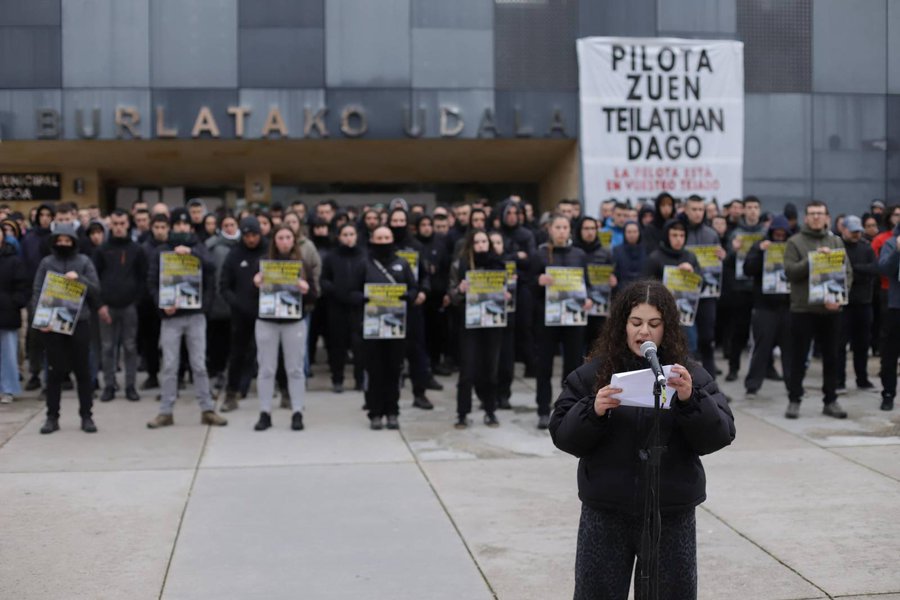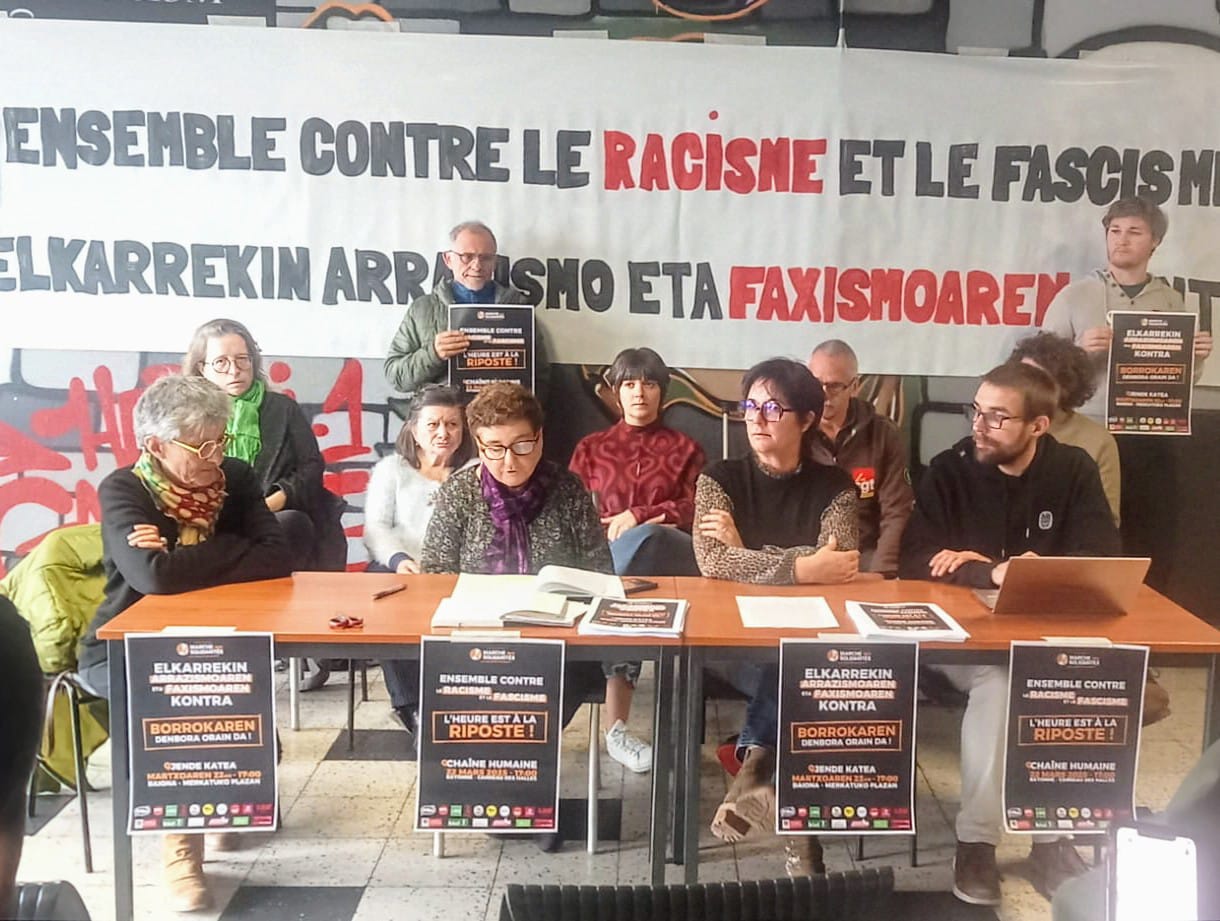"Despair, sadness and loneliness are spreading in the pandemic to lower critical power."
- When the meeting and the collective response are more necessary than ever, they propose to isolate and isolate us. This is the most serious conclusion this pandemic will leave us with, according to the founder of the community of Lakabe, a passionate advocate of the community.
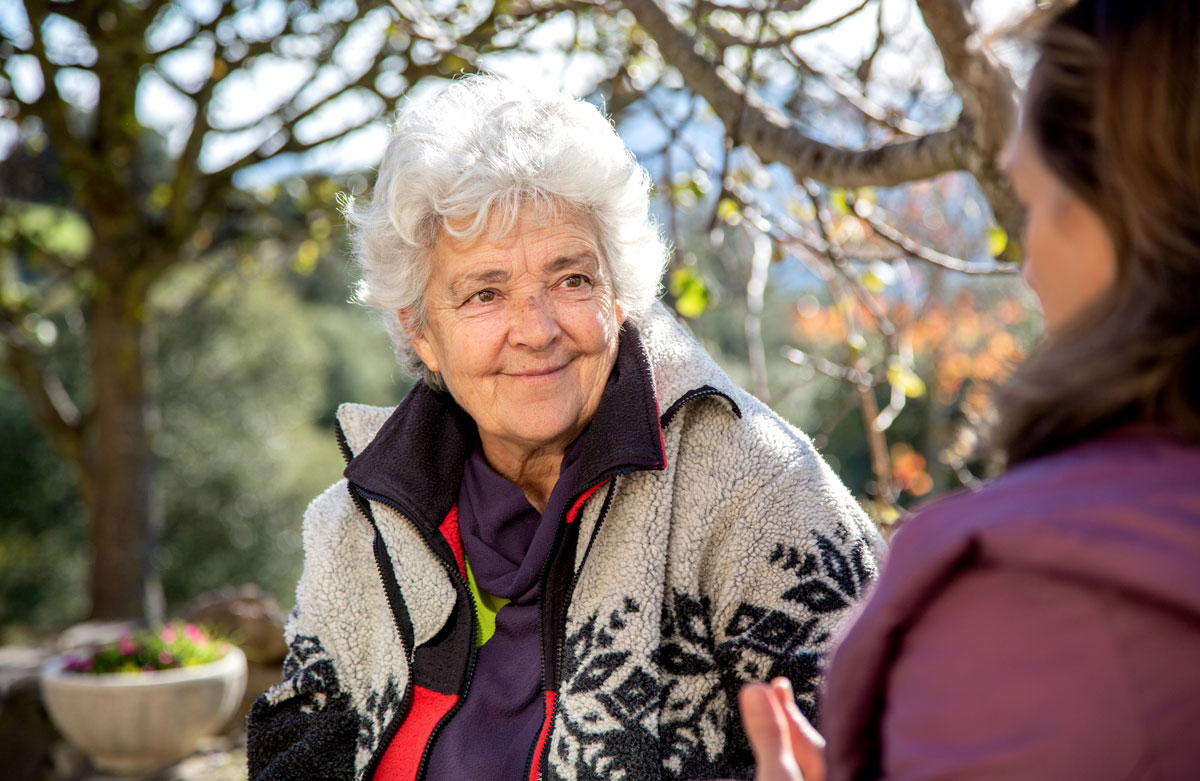
Antimilitarista, feminista, bakezalea, ekologista, aktibista eta bidegilea. Santutxun sortua, 22 urterekin bizimodu komunitarioaren alde egin zuen, lehenengo Bilbon eta gero Nafarroan. KEM-MOC Kontzientzia Eragozleen Taldean hamabost urte aritu zen. Aurten 40 urte bete dituen Lakabeko komunitatearen sortzaileetakoa da. Gaur egun Artzibarko zinegotzia eta Irati Hondakin Solidoen Mankomunitateko presidentea da. 2004. urteaz geroztik aldaketa-prozesuak bideratzen aritzen da hainbat kolektibo eta erakunderekin lanean. Gizarte-taldeentzako egoera-diagnostikoak egin eta beren prozesuetan lagundu egiten die. Ikastaroak eta tailerrak ere ematen ditu. Lau pertsonen ama da eta beste zenbaiten amona.
KEM-MOC Awareness Resistance Group, Itoiz swamp, feminism, nuclear power plants, environmentalism… You have been fighting for many years. What have you learned?
Everything has been exciting and I have learned from all the experiences. The system says we have to defend ourselves or fight to be someone, but those are stupid ideas. Life is very generous. The main things I've learned come from feminism and nature. From feminism I have learned that I am what I want and not what others say; and from nature, everything has its moment and we are part of a cycle. The important thing is that we agree with this cycle. Don't force the land to get whatever you want, wherever you want and whenever you want. I want to live according to these two axes. That's my goal.
Why have you decided to live on the limits of the system?
We don't realize that we live a life of fiction. An invention. The system tells you that you lack a lot of things, they create the need and then they give you those things. It's a vicious circle. When you realize it, you start moving and looking for other ways. You can't live completely out of the system because it occupies everything, but you can live within its limits, and there's a little more freedom and less control. My decision has been to stay in that corner, because I have to feel that it is I who makes my decisions.
Being a woman has opened the way for these reflections, because I have always found many obstacles. We are told many lies in a theoretically democratic and egalitarian world. It is not easy, however, to move away from this way of life, as everywhere there are many limitations. Internal and external. I am prepared to accept the limitations, but because I have seen them, not because they have imposed them on me. After all, we are matter and we have many limits.
Where do you want to go?
It has to do with personal feeling. I want to feel like I'm free, and also about myself, because sometimes I get stuck doing things. I want to open up new paths, even though the ultimate end cannot be achieved by myself. If other people enter that path and have more strength, if they have more life time, let them follow.
There are many battles that life brings you and you have to choose. Facing new challenges, reaching the end and going beyond, you grow. Here, for example, physical life is very hard. That’s why business with me cuerpo.Le gives me work, but also rewards: we’re going to do this well and then a walk around the mountain or an entire afternoon lying in the sun… I have to know that I take good care of myself, because otherwise I wouldn’t feel able to care for other people.
.jpg)
What is the importance of collectivity in social transformation?Civil disobedience
is the opportunity to create a fairer world based on facts, but individually we do not value anything. People who have changed the world with an action have done so because they were part of a collective movement. The first conscious resistor, the first woman who voted, Luther King, Gandhi… all. If there is no human group behind him, any protest or movement fails. They murder him, they silence him as they did in Germany with the Jews. I hope they will not kill us now, but they will isolate us. They will not let us meet to speak. They tell us that with the Internet we can establish more relationships than ever with people, but that's not a free system. We do not know whether what comes from there is true or not. We don't know who to believe or who not. This will make distrust ever greater among people. It is therefore the contact points that have been banned in the first place. This has directly influenced social actors who had a stronger awareness. The key is in community and communication.
Is this isolation one of the consequences that this pandemic will leave us with?
The most important thing, no doubt. This proposal that makes us isolate ourselves in this extreme situation, the human being is breaking from within. There's a lot of loneliness.
The problem is not the coronavirus itself, but how it is taking advantage of the situation and how far it is taking. As far as social movements are concerned, it will be a crusher. When we were making small achievements, this has come to us. In the fight against climate change, for example, the amount of waste has been greatly increased and is being handled very badly. It is stupid what is going on. The future of the planet is now more uncertain than ever.
We're constantly being bombarded with information. We are invaded by the fear of death, contagion and contagion. It has been very effective and has come much less than expected from the limits of the system.
We have passed inquisition, slavery… but there has always been a critical mass and now it is not. For just one person, it's too much to deal with the whole system, and that's why we're standing. I think that is the most serious thing.
But we are talking a lot about solidarity and mutual care… Yes,
and there are nice initiatives in many neighborhoods and towns, but always born of interpersonal relations, not of social or political structures. And power is not born out of these personal relationships. We continue to suffer the capitalist, patriarchal, neoliberal, male model… forever. The system uses people to provide these services, but then those networks, and it doesn't hold or support them. Moreover, it invalidates them as soon as possible.
We have to be clear that it is not the task of people to create society, but of the collectivities. We're not just doing all that. We don't have to be heroes. That's a patriarchal model. So I need to live on the edge of the system, to minimize its impact and have moments of silence.
After mastering the virus, won't we go back to the previous battles?
This is not a kind of parenthesis. Humanity will never be the same and people and the economy will not behave like before.
Change is too strong and disappointment, sadness and loneliness are spreading to diminish critical power. And so getting a new world is very difficult. This system is very well designed. Even if it seems that every fortnight decisions are being made, they are not being improvised. They're not telling us what the new normalcy will look like, but they're not buying medical equipment, they're buying technology. There are computers and surveillance cameras, not defibrillators and health centers.
Will we not learn anything?
We cannot put all these learnings together, and as the isolation time will be long, it will be lost and it will remain like a dream.
Are we condemned to the disappearance of human beings?
It may be that there are people who overtake us on the planet. When that critical moment comes that announces climate change to us, maybe the wealthiest move to Mars or the Moon, the middle-aged will make their Ark of Noah, for example, and the rest of us will be drifted out. As a society, we're not building an alternative to this.
No government and no political party has been concerned with bringing together the citizens and creating a collaborative structure for times of crisis. Nobody has said it: I am going to empower my citizens to know how to act in the face of adversities. It is a well-built society that knows how to survive in its surroundings. They make you believe that nothing is going to happen, and when it happens you die. When I came to live from town to town, I was a clumsy. It was a nice but hard learning. I believe that as a humanity, all people should be more capable of transmitting all the information needed to survive. The society in which we live has erased survival.
.jpg)
What has the development of Lakabe been like in these 40 years?
We started with a pretty silly idea. We wanted to see what happens to people when they start living in the community and if it's possible to organize a society that's free of police, bosses and armies. We came from the movement of conscientious objectors and antimilitarism, but we didn't know if that would be possible. And we're still in that process. We come from a society where our own security spaces are well-connected, and that's why we tend to welcome more than we need: resources, attention, care, time -- and it's hard for us to understand that your support will be the team and not all of those you've accumulated. We learned constantly colliding. It's also important to convey everything we've learned through language to others. We are interested in explaining and publicizing all this information so that communities can move forward, faster than they have done so far.
Stays are made twice a year. What experiences are there?
Very interesting. In spring and autumn we hold open days for two or three weeks. Some people are in shock for three days upon arrival. They're far from nature, and change is brutal. We talk a lot, and the possibilities of living with nature and this experience, in general, some people change their lives. They go with a clear perception of what they don't want and a footprint of what they want. Since they have lived here, they want something: care, relationships, times that match nature. Typically, 15 or 20 people come every time, adults and children. Next April’s stay is almost ready.
Conduct routing processes in groups. What exactly are you doing?
We're working a lot. We help the groups to reflect, to define their dream and to build the necessary structure to support it. We have to learn how to take quality solutions so that people feel capable of doing what they want, without the need to create new command structures. The aim is to create spaces for dialogue, management and balanced decision-making. And all of that has to be done peacefully. What many cultures and religions are talking to us is on Earth, there's nothing else. It is in our hands to live our stay on Earth as a paradise or a jail.
We have to be clear that a project cannot be built against something. If you create a group against something, you put your identity outside of you and keep it for as long as the other one lasts. What you want to end up with is necessary for you to stay alive, and that's why, often subconsciously, we feel compelled to feed that other. This paradigm is a shredder, and that's what some groups don't understand.
It's more productive to try to live like you wedge and face what life brings you. We have fought for 20 years against the swamp of Itoiz, but our life has not ended there, it has taken other directions. It has been a battle, but we have not lost our lives in it because our goal is to propose alternative ways of life.
LEARNING FROM NATURE
“I do not judge or criticize people. I just want to promote mutual care and collaboration. Like plants. You realize that each being has its strategy to stay on the planet and always collectively. In dry summers, for example, the algae leaves go down and cover the whole earth keeping moisture. Tomatoes are also collective entities in their entirety. If you remove all the grains that are red suddenly, they will start working like crazy so that other red tomatoes can be kept instantly, to make sure they have seeds. You take ten or twelve, and the next day you'll have as many. I see everything and I think that human beings should also do it in the same way: we should come together at hard times and not separate ourselves, as they propose to us now.”
EUSKERA LEARNING “I
have been studying Euskera for a long time and although I have not yet adapted to speak, I feel it as something very mine and that unites me with Mother Earth”.
Psikiatria zerbitzua Bidasoatik Donostiako ospitalera lekualdatu dute. Hori salatzeko, 'Osakidetza entzun: osasun mentalik gabe ez dago etorkizunik' lemapean manifestazioa egin dute 12:00etan.
Goizean jaiki orduko hasten dira desegokitasunak. Beharbada lotarako erabili duzun lastaira ere ez zen egokiena. Baina, ezin ba idatzi desegoki sentiarazten nauten guztiez. Horregatik, udaberriko ekinozioa –egunaren eta gauaren arteko oreka– dela eta, oraindik ere,... [+]
Nafarroako Ikastolen Elkarteak lehendakari berria du. Oier Sanjurjok hartu dio lekukoa Elena Zabaleta Andresenari. Beste zazpi kide izanen ditu alboan Sanjurjok.
Ustez, lokalaren jabetza eskuratu dutenek bidali dituzte sarrailagileak sarraila aldatzera; Ertzaintzak babestuta aritu dira hori egiten. Birundak epaiketa bat irabazi du duela gutxi.
Berrogei urte dira Euskal Herrian autismoaren inguruko lehen azterketak eta zerbitzuak hasi zirela. Urte hauetan asko aldatu da autismoaz dakiguna. Uste baino heterogeneoagoa da. Uste baino ohikoagoa. Normalagoa.
Txinparta izeneko prozesua Martxoaren 21ean hasiko da eta urte bete iraungo du. "Udaberriaren hasierarekin batera proiektu herritar berri bat" aurkeztu nahi dutela adierazi dute.
Itxaron zerrendak gutxitzeko Osasunbideak hartutako estrategiak gaitzetsi ditu Plataformak
Protestak 24 ordu bete dituenean, suhiltzaileak bertaratu dira udaletxera eta kateak moztu dizkiete bi gazteei. Bi kateatuek gaua bertan igarotzea "udaletxearen hautua" izan dela adierazi du Gazte Asanbladak, eta udalaren ordezkariek "ekintza deslegitimatzeko eta bi... [+]
Ez da gauza berria politikari profesionalak gizarteko arazoak estaltzeko ahaleginetan ibiltzea. Azkenaldian Denis Itxaso -EAEko Etxebizitza sailburua- entzun dugu etxegabetzeei garrantzia kenduz eta aditzera emanez gurean bazterreko fenomenoa direla; eta Begoña Alfaro... [+]
Antropozentrismoaren aldaera traketsena eurozentrismoa izan zen. Europako mendebaldea, geografikoki, Kontinente Euroasiarraren penintsula txiki bat besterik ez da, baina lau mende luzez gertaera demografiko, teknologiko eta ideologiko batzuk zirela medio, bazter horretako... [+]
Hezkuntza eredu propioa "ezinbestean" independentziatik etorri behar dela adierazi dute, eta sistema propio hori "publikoa eta komunitarioa" izatea nahi dutela. Ikamak deituta, goizean zehar piketeak egin dituzte Euskal Herriko hainbat hezkuntza zentroetan.
Dakota Access oliobidearen kontrako protestengatik zigortu du Ipar Dakotako epaimahai batek erakunde ekologista, Energy Transfer Partners enpresak salaketa jarri ostean. Standing Rockeko sioux tribuak protesten erantzukizuna bere gain hartu du.
Arrazismoaren aurkako nazioarteko eguna kari, larunbat honetan 16 alderdi, kolektibo eta elkartek deia luzatu dute, Baionako Marengo eta Pannecau zubien artean giza kate bat osatzeko. Aniztasuna, elkartasuna eta giza eskubideen errespetua aldarrikatzera deitu dute,... [+]
Aranzadi Zientzia Elkarteko Etnografia Sailaren zuzendari berria da Maite Errarte Zurutuza (Beasain, 1995), urrian Fermin Leizaolaren lekukoa hartu ondoren. Kultura materiala aztertzen jarraitzeko beharra azpimarratu du, gizartearen memoria eta bizimodu aldaketak erregistratzeko... [+]











